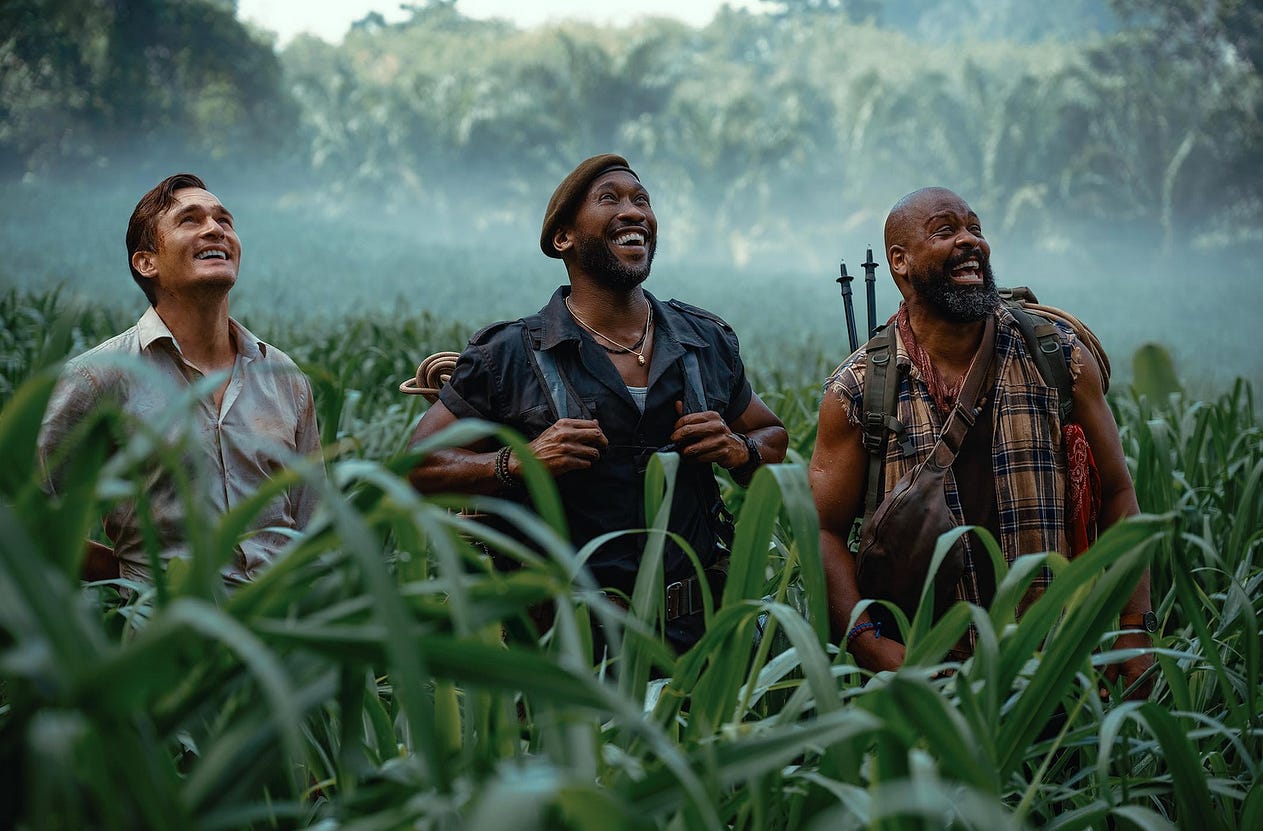‘Jurassic World: Rebirth’ Is a Derivative and Entertaining Summer Blockbuster
Jurassic Park’s seventh installment is far from its worst
Martin Scorcese once likened Marvel movies to theme parks. If that’s true, I’d argue that Jurassic Park films are like trips to the zoo. Or the museum. Or your friendly neighborhood geneticist with a god complex.
Perhaps this analogy doesn’t work as elegantly as I ha…
Keep reading with a 7-day free trial
Subscribe to The Gen Z Report to keep reading this post and get 7 days of free access to the full post archives.


